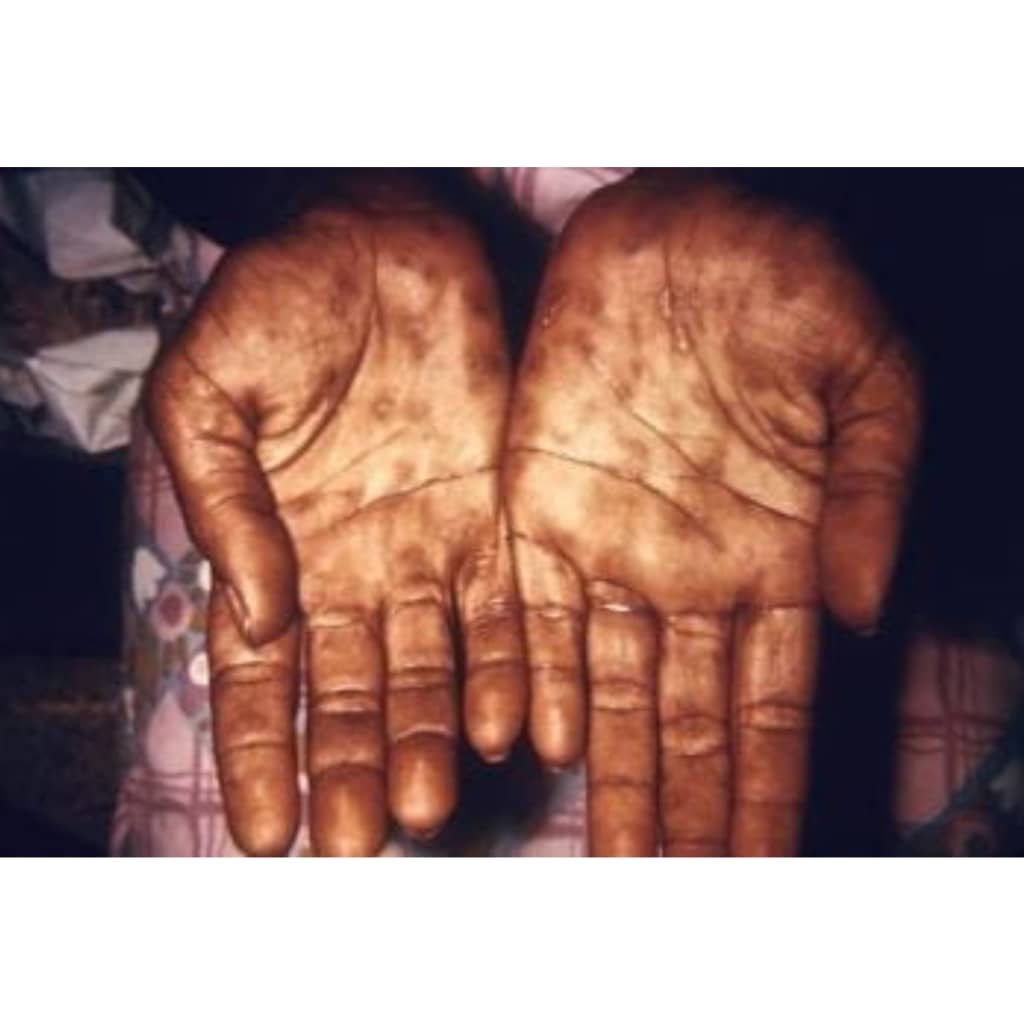Health
FG will eradicate NTDs by 2027, according to an official

Before the World Health Organization’s (WHO) 2030 target, the Federal Government of Nigeria claims it would eradicate Neglected Tropical Diseases (NTDs) in Nigeria by 2027.
This was said during a two-day meeting of the National Trachoma Quarterly Review on Thursday in Abuja by Dr. Nicholas Olobio, Deputy Director and Programme Manager of the Federal Ministry of Health’s National Trachoma Elimination Programme.
The WHO Roadmap, according to Olobio, calls for the eradication of NTDs by 2030, including trachoma.
He praised Nigeria’s accomplishments and voiced optimism that the nation would be free of sickness by 2027.
Since there were roughly 38 million Nigerians at risk of getting blind from trachoma when we first started, Nigeria is currently at about 85%.
With assistance from our allies, he said, “but it has been significantly reduced to about 3.7 million Nigerians, so you will see that a lot of progress has been made.”
In order to execute policies, guidelines, and conduct out actions aimed at eliminating NTDs, the states collaborate with the Local Government Areas, he continued.
He claims that Nigeria has made such significant advancements that the entire state now complies with the laws.
He specifically mentioned how much progress had been made in eradicating NTDs in the states of Adamawa, Ebonyi, Bauchi, Kano, and Katsina.
“Medicines alone cannot treat NTDs, but we promote the use of clean water, good hygiene practises, and behavioural modifications.
“Open defecation needs to end among people. There is open defecation even in Abuja.
In order for individuals to improve their sanitation practises, he continued, “we must look for ways to change people’s behaviour.”
The level of SAFE strategy for trachoma implementation in each state, as advised by the WHO, will be reviewed during the meeting, according to Prof. Caleb Mpyet, Chairman of the National Trachoma Taskforce and Sightsavers Global Trachoma Mapping Epidemiologist.
He expressed optimism that the diseases would be completely eradicated in the states of Benue and Bauchi by the end of 2023.
Jigawa is likewise making great strides. The states of Borno and Yobe, where insecurity has been an issue, may be the ones we continue to concentrate on after this year, he said.
In life, you set your goals and if you don’t reach it, you typically come someplace close to it, he stated in reference to Nigeria’s goal to eradicate NTDs by 2027.
“Due to some obstacles caused by the COVID-19 epidemic, we were delayed by two to three years. As a result, even if we miss the goal by 2027, we might still succeed by 2029.
Over one billion people who live in underdeveloped communities are affected by NTDs, a diverse group of 20 diseases that are primarily prevalent in tropical regions.
These illnesses are considered “neglected” because they receive scant attention from the global health agenda, minimal money, and are linked to social isolation and stigma.
Nigeria is one of the nations with the highest prevalence of these crippling diseases in the world because it accounts for about 25% of Africa’s NTD burden.
Nigeria established a road map in 2021 with the goal of achieving global goals in the prevention, control, elimination, and eradication of a wide range of NTDs and disease groups by 2030.
The plan seeks to rekindle momentum, offers approaches that cut across various diseases, and advances initiatives centred on integrated platforms for the delivery of interventions. (NAN)
